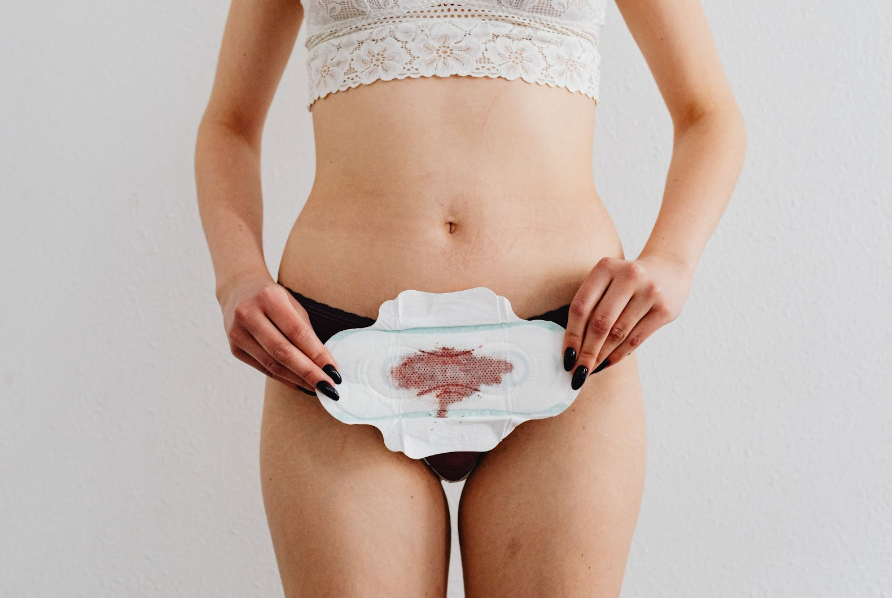Review
How do I know if a sanitary pad is safe and fit for me and its side effects?

When it comes to managing your menstrual cycle, it is important to choose the right products that are safe and fit for your body. Sanitary pads are a popular choice for many women, but with so many different brands and types available, it can be overwhelming to decide which one is best for you. In this article, we will cover some key factors to consider when choosing a sanitary pad, as well as the potential side effects to be aware of.
Types of Sanitary Pads
There are several types of sanitary pads to choose from, including disposable and reusable options. Disposable pads are the most common type and are made from a combination of absorbent materials, such as wood pulp or synthetic fibers, and a waterproof layer to prevent leaks. These pads are convenient and easy to use, but they generate a significant amount of waste and may contain chemicals that some people may be sensitive to.
Reusable pads are an environmentally-friendly alternative to disposable pads. They are made from a variety of materials, such as cotton, bamboo, or hemp, and can be washed and reused multiple times. While they may require a little more effort to clean and maintain, many people find them to be more comfortable and cost-effective in the long run.
Period undies are another option that is gaining popularity. These are underwear with built-in absorbent layers that can be worn during your period instead of a pad. They are washable and reusable, and some people find them to be more comfortable and discreet than traditional pads.
Factors to Consider When Choosing a Sanitary Pad
When choosing a sanitary pad, there are several factors to consider to ensure that it is safe and fit for you:
Absorbency: Choose a pad that is appropriate for your flow. If you have a heavy flow, look for a pad with a high absorbency rating. On the other hand, if you have a lighter flow, a lower absorbency pad may be sufficient.
Size: Make sure the pad fits well and covers your entire vulva. A pad that is too small may not adequately absorb your flow and may cause leaks, while a pad that is too large may be uncomfortable and cause irritation.
Materials: Consider the materials used in the pad. Some people may be sensitive to certain materials, such as synthetic fibers or fragrances. Choose a pad made from natural materials, such as cotton, if you have sensitive skin.
Chemical additives: Many disposable pads contain chemical additives, such as chlorine and phthalates, which some people may be sensitive to. If you are concerned about chemical additives, look for a pad that is free from these ingredients.
Comfort: Choose a pad that is comfortable to wear. Some pads may have a rough or scratchy surface that can irritate the skin, while others may be too thick or bulky.
Potential Side Effects of Sanitary Pads:
Allergic reactions: Some individuals may develop allergic reactions to the materials used in sanitary pads, such as the adhesive or synthetic fibers. Symptoms of an allergic reaction may include itching, redness, and swelling of the skin.
Toxic shock syndrome: This is a rare but serious condition that can occur when certain types of bacteria grow in the pad. Symptoms include fever, rash, and low blood pressure. To reduce the risk of toxic shock syndrome, it is important to change your pad every 4-6 hours, avoid leaving the pad in place for an extended period of time, and wash your hands before and after changing your pad.
Skin irritation: Prolonged use of pads, especially those that are not made of hypoallergenic materials, may cause irritation or redness of the skin. It is important to choose a pad that is gentle on the skin and to change it frequently to prevent irritation.
Conclusion:
In conclusion, it is important to choose a sanitary pad that is safe, fits well, and meets your absorbency needs. Consider the material, size, and brand of the pad to ensure that it is suitable for you. Be aware of the potential side effects of using pads, such as allergic reactions, toxic shock syndrome, and skin irritation. Reusable pads and period Undies are alternative options.




















